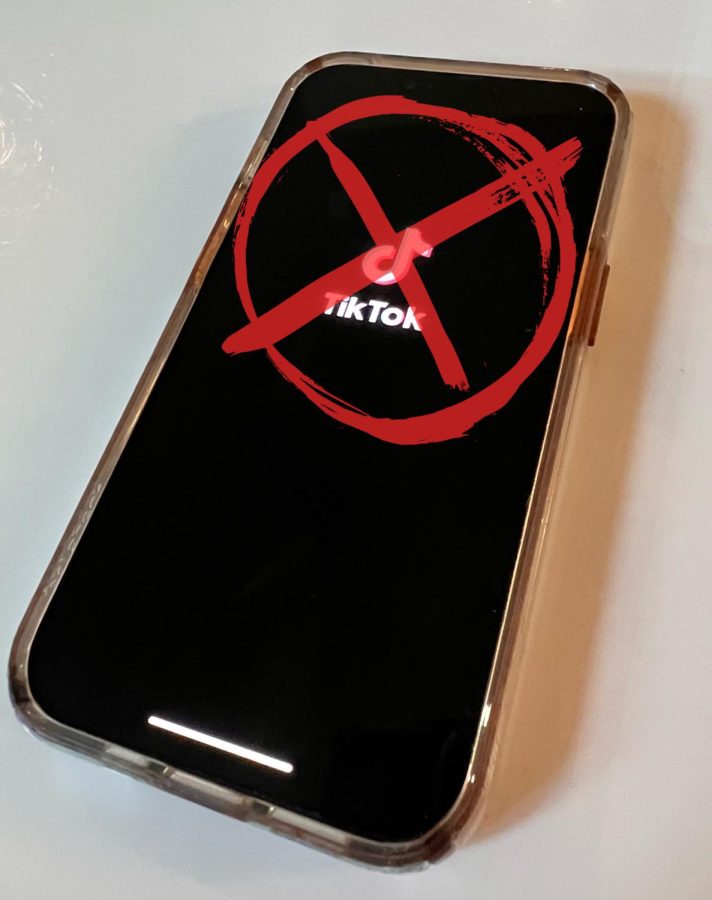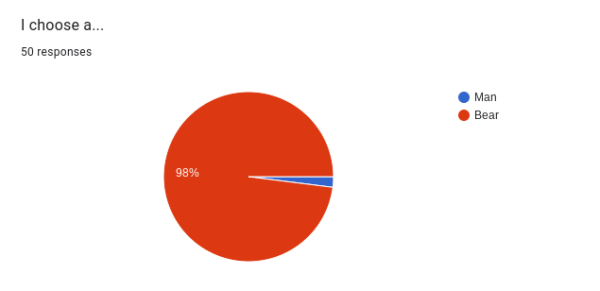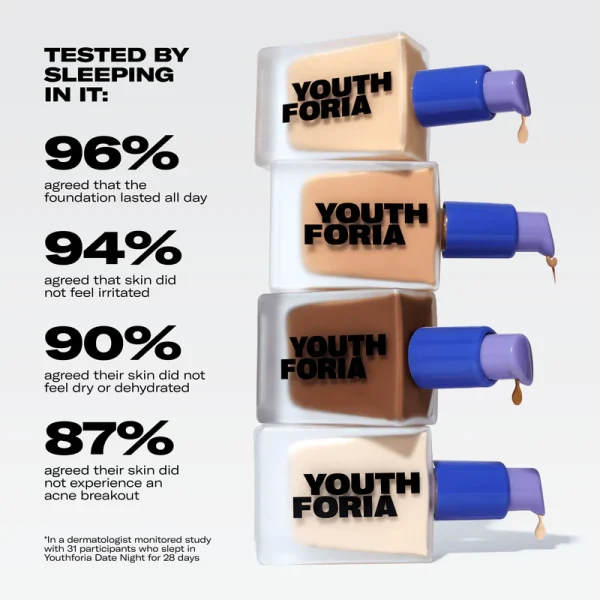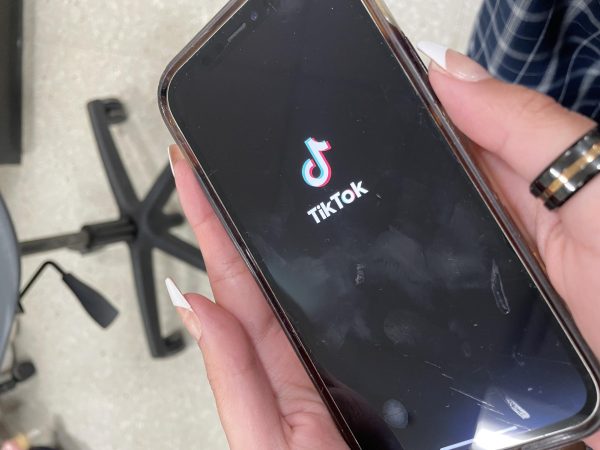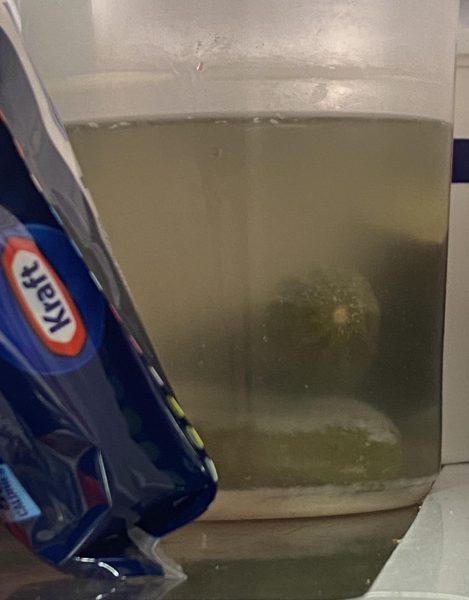TikTok’s Uncertain Fate
On May. 18 Montana passed a bill that would ban the popular social media app TikTok starting in 2024.
June 1, 2023
Everyone knows TikTok, especially high school students. The video-sharing app is popular among Gen-Z, with 60% of the app’s 1 billion users being 16-24 years old. Despite its immense popularity, TikTok is no stranger to controversy and has been the subject of debate for the past few months.
The controversy lies in TikTok’s Chinese ownership, and what the app does with user data. The app is owned by a Chinese company, Byte Dance. Many people believe the company is sharing user information with the Chinese government. With little proof to substantiate this claim, governments around the world have been investigating TikTok for years. On Mar. 23, the Senate held a hearing with TikTok CEO Shou Zi Chew, who was interrogated over this potential privacy concern. The questioning focused on how TikTok stores its data and its connection to China’s government.
This questioning then progressed to a bill brought to the Senate, proposing a nationwide ban on TikTok. While ultimately unsuccessful, this grabbed the attention of people around the country, as there have been numerous TikTok controversies where the idea of a ban was proposed, but it was never this close to happening.
As of May 18, Montana became the first state to ban TikTok after the governor signed a new bill, SB419, which goes into effect Jan. 1, 2024. The state’s governor, Greg Gianforte, shared via Twitter, that the new bill would “protect Montanans’ personal and private data from the Chinese Communist Party”. Gianforte is not alone in this sentiment, sharing it with other US politicians, however, there is also opposition to this idea as well.
New York Representative Alexandria Ocasio-Cortez took to TikTok to voice her opinions about the proposed ban. Posted on Mar. 25, she shared her reasoning for supporting the app. While acknowledging potential security concerns, she argued that US users remained in support of the app, and a ban would not be the best option to protect users from data risks.
Besides the views of politicians, Gen-Z also has its share of opinions about TikTok. Many teenagers have a love-hate relationship with the app; they hate its addictive qualities, but are nonetheless addicted to the app and would hate to see it go.
“My life would be destroyed without TikTok, I love it so much. I need it. And it’s an educational source that I learn and benefit from,” shared sophomore Ava Carr, an avid TikTok user.
On the other hand, sophomore Margo Wyckoff described TikTok as “ a spread of misinformation,” and she does not use the app for this reason.
“I don’t think that there’s enough evidence to say that it’s completely terrible for everyone, but I don’t think it’s great for anyone either,” said sophomore Charlotte Devoir. Devoir has a neutral opinion on the app and continues to use it for entertainment, despite the potential privacy concerns.
Regardless of the mixed views of TikTok among teenagers, most are not concerned about how the app stores user data. For politicians, how the Chinese company is storing users’ data is the primary concern.
Because of the conflicting opinions, many questions arise about the effectiveness of a TikTok ban. Montana’s ban has already been challenged in court, with TikTok suing the state over the bill. TikTok’s CEO shared in an interview, “We believe that the Montana bill that was recently passed is simply unconstitutional,” elaborating with, “We are confident that we will prevail.”
Even with this confidence, the fate of TikTok is uncertain. Will the app be able to remain strong in spite of proposed bans, or will it fall at the hands of politicians? In its current state, the app is a subject of continuous controversy, and this controversy will only make TikTok’s survival more difficult. On the other hand, will TikTok’s massive support from Gen-Z users, such as the students at State High, be the cushion the app needs to survive its controversy?

